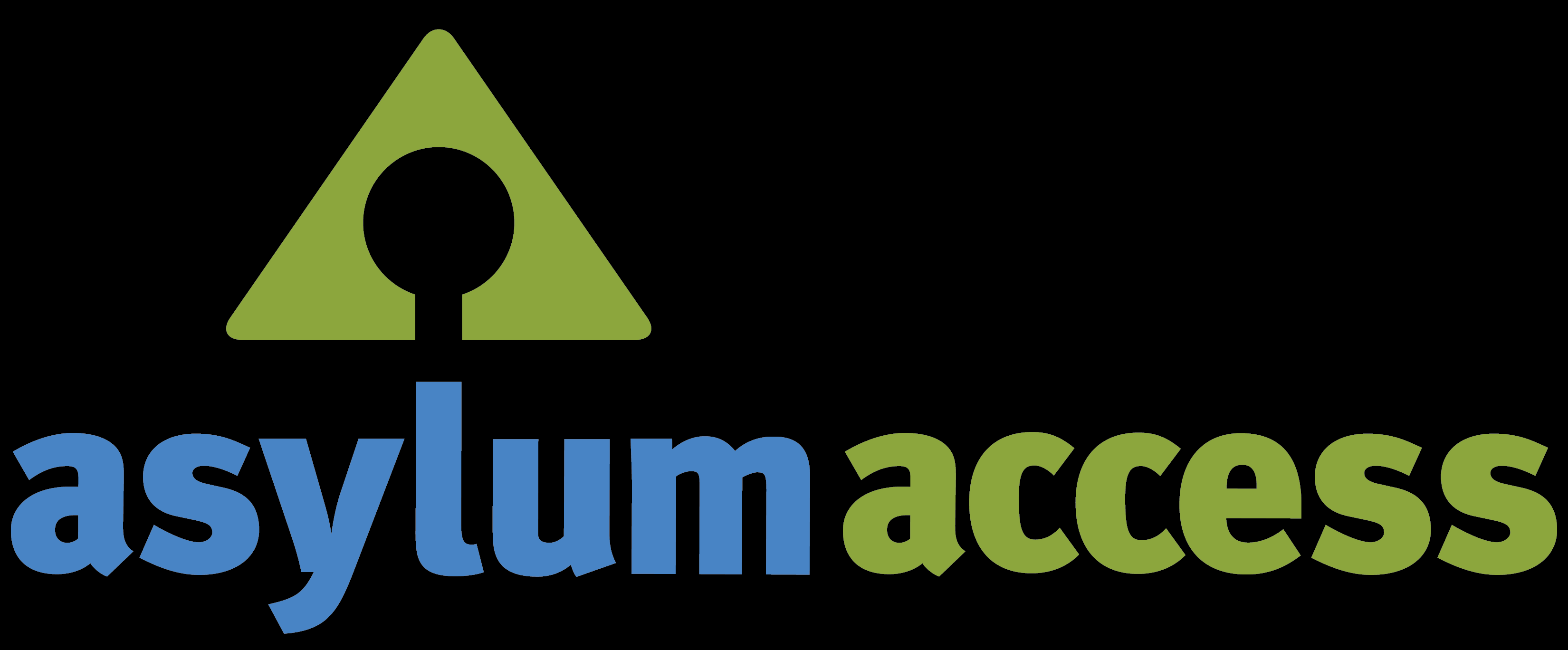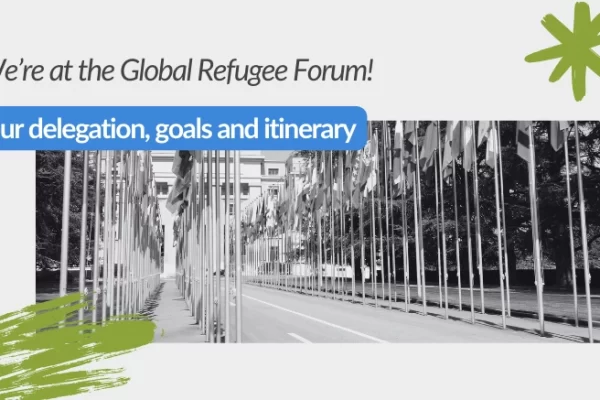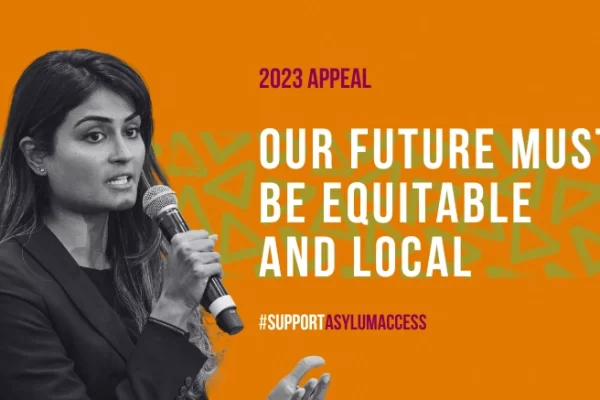Still on the Run: Refugees in Bangkok
The well-publicized image of life in tents on dusty camps is not the only setting of the refugee story. Today, almost half of the world’s 10.5 million refugees reside in urban areas, with only one-third in camps (UNHCR, 2009). The assumption that urban refugees have a greater ability to pursue a living, and thus need less support than those living in settlements, is misleading and problematic. In reality, urban refugees are routinely marginalized by the local population and authorities, and the perception that they are ‘outsiders’ makes them more vulnerable than their counterparts living in camps.


To achieve a sustainable solution for refugees, Asylum Access Thailand engages in policy advocacy in addition to legal services. Thailand has not ratified the 1951 Refugee Convention, which guarantees essential rights to those fleeing persecution. Through our policy advocacy, we are appealing to the Thai government to change its stand on the Refugee Convention and adhere more uniformly to standards set out by international human rights law.
We also seek to bring the plight of urban refugees to public notice. We want to create a movement of the Thai public to pressure the government into acting on its obligations towards refugees seeking help within its borders. By educating and engaging the Thai public, we can create an environment where refugees do not have to lead a marginalized, desperate existence on the fringes of society.
These changes may not happen quickly, but with perseverance and commitment to a long-term solution, we can achieve them. A positive shift in policy is critical to ensuring that urban refugees in Bangkok can find the haven of refuge they desperately sought when fleeing for their lives.
Intern, AAT Policy Division
Published May 2011





